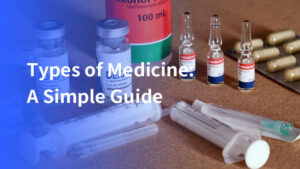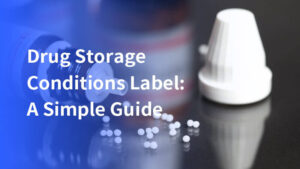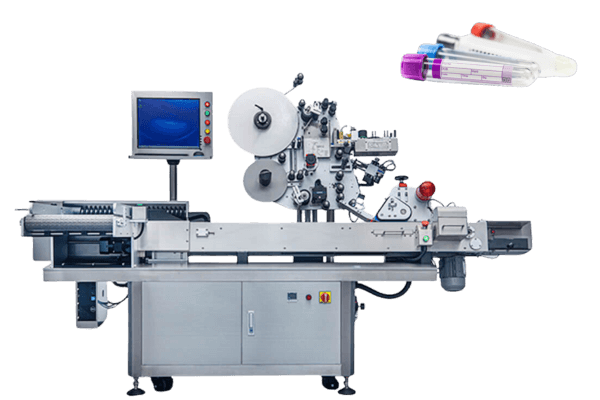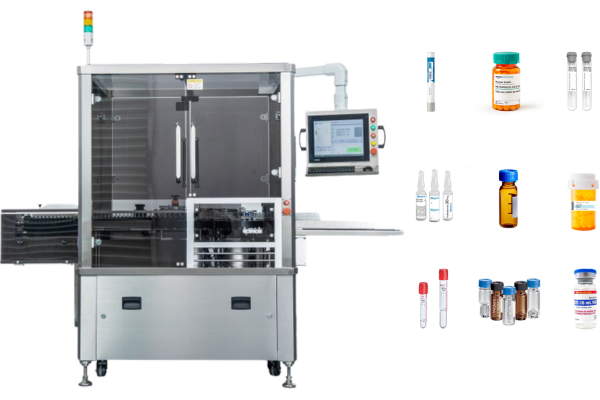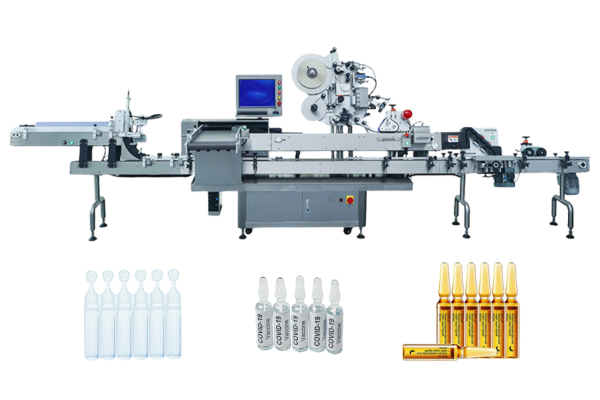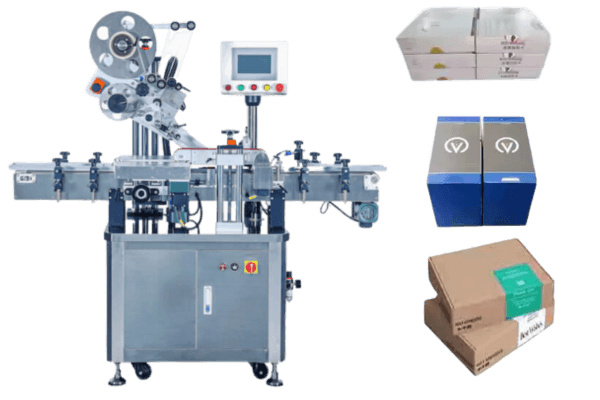Supplement manufacturing is becoming more popular as people look for ways to improve their health. Because of this, the dietary supplement industry has grown steadily over the past few years and is expected to keep growing. This has led to a higher demand for safe, high-quality products.
In this article, we will look at the process of making supplements and the challenges that manufacturers face to make sure their products are safe and meet high standards.
What are supplements?
Supplements are products that add nutrients to your diet. These nutrients include vitamins, minerals, herbs, and amino acids. Supplements come in forms like capsules, tablets, powders, liquids, and bars. Some also include probiotics, omega-3s, and plant extracts.
They do not replace healthy food. They help fill gaps in your diet. Some are for improving health, boosting performance, or helping you sleep. Others may support the immune system or protect your skin.
Supplements are not as strictly regulated as medicine. Their safety might not always be clear. Always ask your doctor before using any supplements, especially if you have health issues or take medications. You can choose trusted brands to stay safe.
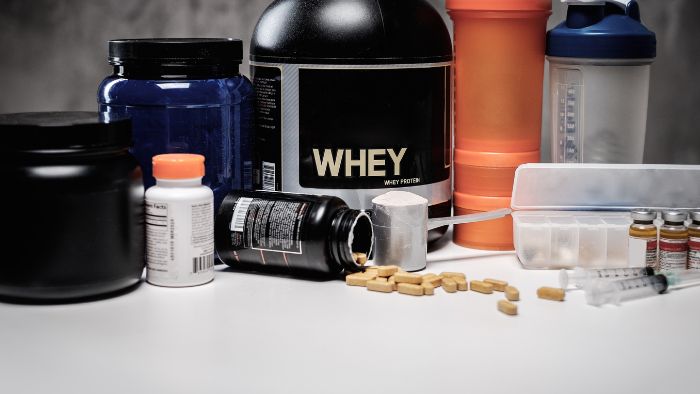
The history of supplements
People have used supplements for thousands of years. Ancient Chinese and Indian medicines used herbs and roots for healing. Indigenous cultures in the Americas and Africa also used plants and nutrient-rich foods to treat illnesses.
In the 19th century, Western scientists discovered vitamins and minerals. They learned these nutrients were important for health and preventing diseases like scurvy and rickets. This made people more interested in nutrition.
By the 1950s, vitamin and mineral supplements became common in daily diets. In 1994, a law called DSHEA allowed companies to make health claims about supplements. This law still affects the supplement industry today.
Now, the supplement market includes many products like multivitamins, probiotics, and herbal remedies. Research continues to create new supplements to improve health.
What’s unique about manufacturing supplements?
Making supplements is different from making medicine. Here are some ways that make it special.
Complex formulations
Many supplements have a mix of ingredients like vitamins, minerals, herbs, and probiotics. These ingredients come from different places and may need special care.
Some mixes use unique combinations that need careful blending. This helps make sure the ingredients work well together and stay the same in every dose.
Regulations
The FDA regulates supplements with a law called DSHEA. This law sets rules for labels, manufacturing, and safety. It is important to understand what supplement labels can say. Labels can include health, function, and nutrient claims.
Manufacturers follow these rules to keep products safe and properly labeled. They track everything closely and use good practices to ensure each batch meets standards.
Quality control
During the manufacturing process, a quality control checklist is used to make sure the product meets rules and standards. Making supplements needs scientific knowledge, following rules, and thinking about customer needs to ensure safety and effectiveness.
This includes testing the product for purity, strength, and identity. Stability testing is also done to make sure the product stays effective over time.
Customer expectations
People who buy supplements expect them to be high quality and work well. This means companies must follow rules to make sure their products are good.
Customers also want to know how products are made and where ingredients come from. As more people look for personalized nutrition, companies need to offer products that meet specific health needs and preferences.
The process of manufacturing supplements
Making supplements can be different for each product, but here are the basic steps to follow:
Ingredient sourcing
The first step in making supplements is getting raw materials like vitamins, minerals, herbs, and probiotics. These ingredients come from different suppliers and must be high quality and pure.
Suppliers are checked to make sure they follow ethical and sustainable practices. This helps ensure the ingredients match the brand’s values and standards.
Testing
After getting the raw materials, they are tested to check their purity, strength, and identity. Tests may use methods like chromatography, spectroscopy, and microbiology. These tests make sure the materials are free from harmful substances and meet the required strength levels.
Formulation
The next step is to mix the raw materials in the right amounts. This can involve mixing powders, blending liquids, making tablets, or filling capsules.
Manufacturing
Once the formula is ready, making supplements includes steps like mixing, milling, and drying. The process follows FDA rules to ensure quality and purity. Machines and technology help keep the production consistent and fast.
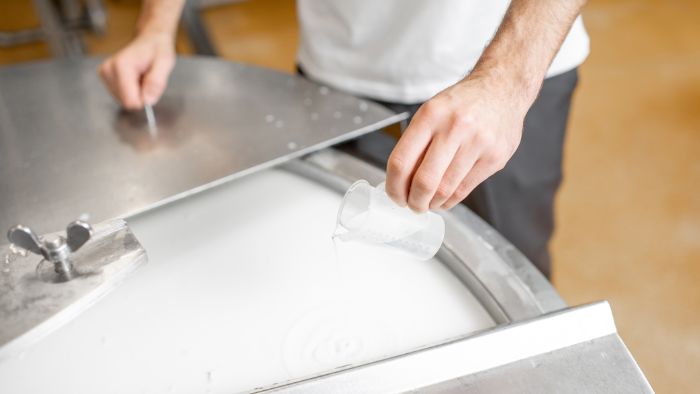
Quality control
During the process of making supplements, a checklist is used to make sure the product meets the standards. Making supplements requires science, following rules, and knowing what customers need to ensure safety.
The product is tested for purity, strength, and identity. Stability testing is done to make sure the product works well for its entire shelf life.
Packaging and dietary supplement labels
After the product is made and tested, it is packaged and labeled following FDA rules. The label shows the product name, serving size, ingredients, and any health claims.
Packaging is important to protect the product and give clear information to customers.
Viallabeller can provide reliable pharmaceutical labeling machines and a range of labeling solutions for supplement packaging containers such as pill bottles and medicine boxes.
Storage and distribution
Finally, the product is stored and shipped to stores or customers. Storage condition needs to be controlled to keep the product fresh and strong. This may mean using special warehouses and careful shipping.
Making supplements follows strict rules, safety checks, and science to make sure the product is safe and works well. New technologies and eco-friendly practices also help improve the process for health-conscious customers.
Manufacturing supplements and the FDA
The DSHEA of 1994 gave the FDA power to create rules for making supplements. Before DSHEA, supplements did not have the same rules as prescription drugs. People were worried about the safety and quality of these products.
DSHEA and regulatory framework
DSHEA put supplements in a different group from drugs and foods. It made rules for companies to make safe products with correct labels. This means supplement makers must follow rules for making, testing, and checking their products.
Key regulatory rules
Specifically, the rules require that:
- Supplements have labels with the product’s name, purity, strength, and ingredients.
- Manufacturers must prove their products are safe and report any problems to the FDA.
- Claims on supplement labels must be true and not confusing.
- The FDA must check new ingredients before they are sold, and the manufacturer must show they are safe.
- Good Manufacturing Practices (GMPs) must be followed to ensure the product is high quality and consistent.
FDA oversight and actions
The FDA can act against supplement makers who break the rules. In 2007, the FDA set final GMP rules for supplements.
These rules set basic standards for making, packaging, labeling, and storing supplements.
They require companies to create and follow steps for everything, from getting raw materials to testing the final product.
Profitability in the dietary supplement industry
The nutritional supplements industry makes a lot of money. It was worth about $149.50 billion in 2021 and could grow to around $241 billion by 2028.
Market demand and consumer trends
There are a few reasons why the supplement industry makes money. First, supplements are sold as ways to improve health, which attracts many buyers.
People are willing to spend on products that they think help them feel better. More people are focused on healthy living and preventive healthcare, which has increased demand for supplements.
Regulatory environment
Second, the supplement industry has fewer rules compared to the drug industry. This gives companies more freedom to make and sell their products.
Unlike some companies, we follow all the important rules while staying productive. The supplement industry does have rules to follow, but it is not as strictly watched as the drug industry. This allows faster product development and quicker sales.
Production costs and profit margins
Finally, many supplements are cheap to make, so companies can make good money. Private label supplements are even more affordable.
They let businesses create special products without spending much on setup. The cost of ingredients, production, and packaging is low, especially for simple products that don’t need complex formulas or advanced methods.
Ethical considerations
Some companies in the supplement industry care more about money than safety or quality. As a private-label supplement maker, it’s important to follow rules and safety standards to make good products.
This is why you should do research before buying supplements. There need to be rules to keep the industry honest and safe. Good companies focus on quality, research, and honesty to stand out and earn customer trust in a crowded market.

Emerging trends in private-label supplements
Looking ahead, supplement manufacturing is changing quickly. More businesses want private-label supplements to create their own brands. New science, changing customer needs, and stricter rules will shape the future.
Personalized nutrition is growing, with new technology making custom-made supplements. Better ways to take supplements are making them easier to use.
Concerns for the environment are pushing companies to use eco-friendly methods. New tools like automation and 3D printing will make production faster and improve quality control, ensuring great products.
Conclusion
Supplement manufacturing is a big job. People want supplements that are special and that help them feel their best.
So, companies that make supplements have to follow lots of rules and always come up with new ways to make them.
Making supplements is always changing. People want supplements that are good for the environment and that are just right for them. So, companies that make supplements have to keep up with these new ideas.
References and citations
- Matthew Lam, In-depth multidisciplinary review of the usage, manufacturing, regulations & market of dietary supplements.Journal of Drug Delivery Science and Technology, Volume 67, January2022,102985,doi:https://doi.org/10.1016/j.jddst.2021.102985.
2. Srikumaran Melethil, Proposed rule: Current good manufacturing practice in manufacturing, packing, or holding dietary ingredients and dietary supplements, Srikumaran Melethil, Volume 78, Issue 18, 27 March 2006, Pages 2049-2053,doi:https://doi.org/10.1016/j.lfs.2005.12.020

